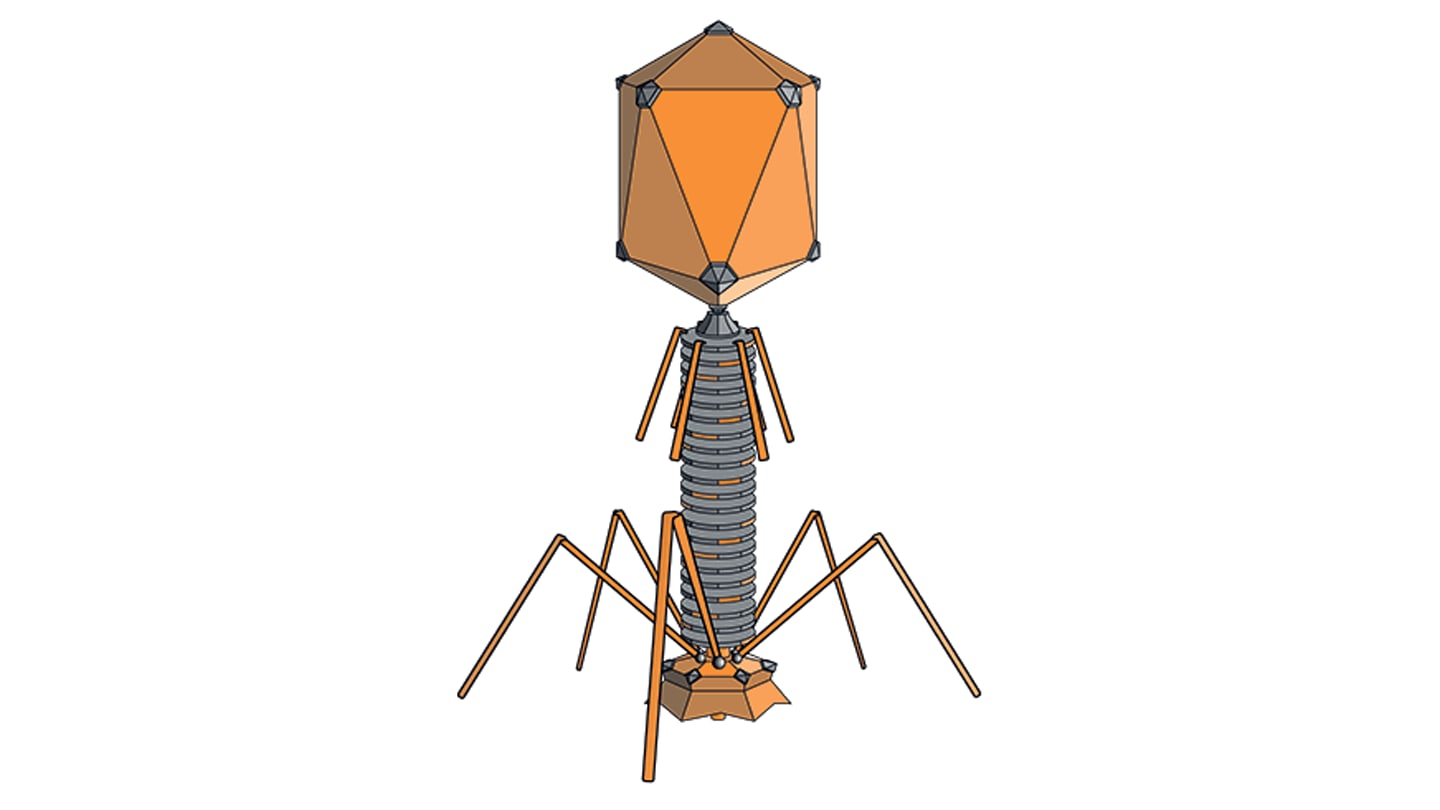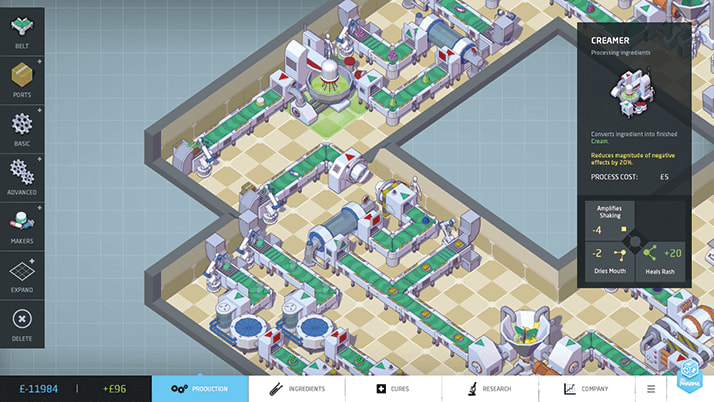Digitalization has created pathways for connection and data sharing – whether for retailers, supply chain operators, or life sciences researchers – which has led to fundamental changes in the way that businesses provide value. Next-generation technologies, such as AI, ML, and robotics, are helping businesses further optimize operations, reduce human errors, and accelerate innovation. Implementing these technologies is an imperative for many modern businesses, but especially for those in the scientific community where breakthroughs lead to a healthier, cleaner, and safer world for all.
While the biopharmaceutical industry has historically lagged in technology adoption, leaders have had to rethink their strategies in recent years as numerous pressures converge. According to McKinsey & Company, factors such as the COVID-19 pandemic, inflation, geopolitics, and therapeutic advancement across modalities have pushed the industry to consider incorporating new digital technologies to help achieve the overall goal of getting life-changing therapies to patients as quickly as possible. For biopharma labs, this technological transition will take time, but early impact can be seen with a phased approach, particularly in drug discovery and development.

While it may sound futuristic, integrating robotics into lab workflows can greatly improve efficiency. Necessary but time-consuming repetitive tasks such as sample preparation can be standardized and automated by robotics so that scientists can spend more time on meaningful experimentation. Pharmaceutical labs that incorporate robotic systems can also take advantage of minimal downtime with the machines continuously running experiments and automatically passing data through for delivery and analysis. This allows for high throughput on highly complex and large-scale projects, such as in genetic sequencing.
Automation can also help produce results for complex, value-driven projects at scale. For example, batch to batch consistency is often hard to achieve but is essential to biologic drug development. With automation, pharmaceutical companies can ensure there’s no variation between batches and use the results to scale up production. Across modalities, lab automation has made it possible for scientists to find and analyze therapies at a more precise scale.
As medicine advances, the pharma industry must establish lab environments that accelerate scientific discoveries. Automated instruments and workflows with integrated data management can help labs evolve into highly advanced, digitally integrated and more efficient spaces. Together, these tools help scientists generate large amounts of data and explore new areas of disease research, such as personalized medicine.
In labs focused on R&D, AI-powered tools such as digital twin technologies can accelerate drug discovery by allowing scientists to simultaneously test drug candidates in controlled experiments. AI can also be used to streamline quality assurance and quality control.
With the adoption of next-generation technologies across the industry, it’s critically important that managers approach lab orchestration strategically, so that they can create a seamlessly connected laboratory ecosystem. When scientists can use digital tools to collaborate cross-functionally, labs see significant benefits of time and cost savings, increased speed and higher throughput, which collectively lead to accelerated discovery. Digital solutions that create connected workflows can also help alleviate data silos and support data integrity by eliminating the potential for human errors.
In my view, digitalization and technology that allows for automation, such as robotics, will help ensure that organizations and labs can optimize workflows, reduce costs and encourage collaboration and knowledge sharing, furthering innovation across the industry. Modern scientists need labs of the future where they can focus on advancing their research, and lab automation, digitalization and orchestration are the first steps in this journey.




